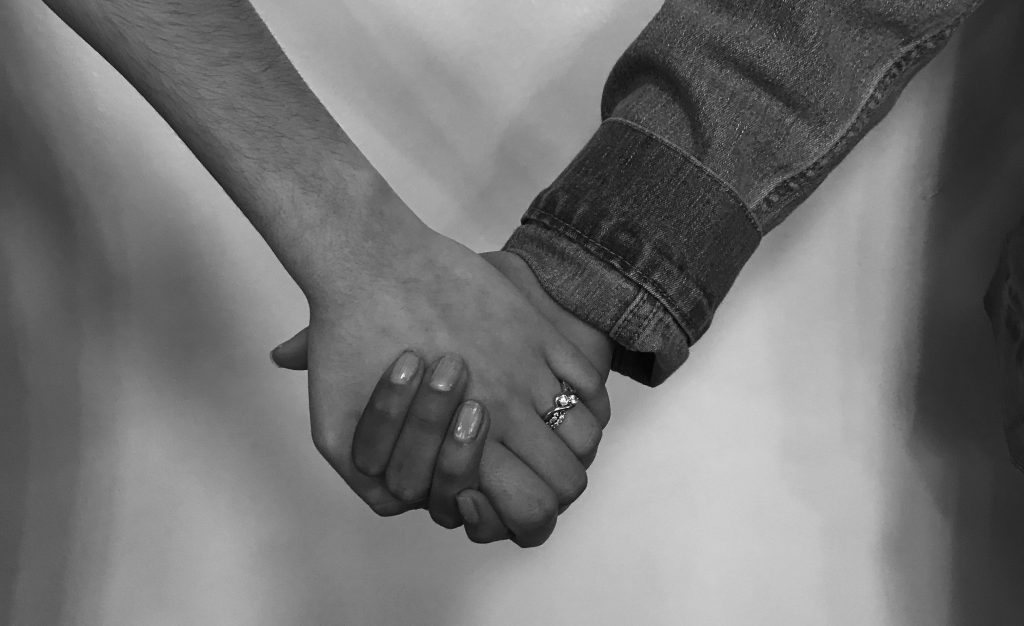
“I don’t date whites,” “I only date blacks,” or “I would rather not date Mexicans or Asians.” These are all things that can be heard discussed on a daily basis from students around campus. Students consider different preferences when it comes to attraction and dating, but does skin color fit in with these preferences, or is something else going on?
In the recent issue of The Gavel Magazine, we explored how the concept of colorism, based in old, racist and white supremacy ideas, still has a grip in the way students on campus think about themselves and others, and in this follow-up, we take a look at another aspect of colorism that often seems normalized by students.
While students are still wrestling with how they view beauty standards and how they see themselves based on their own skin tone, we can also ask the question of how they think about the skin tone and skin color of those around them. Is having a preference or attraction to a certain race or skin tone when it comes to dating simply a preference, or is it based in those same old, racist ideas that drive our personal experiences with colorism?
Holmes/BC class of 2009 graduate Denise Hernandez is co-founder of La Con Safos Beca, a scholarship for Chicanx/Brown/undocumented students, and founder of Maestranza, a community service organization focused on education, outreach, and activism. She believes that this kind of “preference” based in skin tone or race is based in white supremacy and racism.
“That’s racist to me, because you’re completely saying that you don’t like anybody from this race of people no matter what kind of person they are,” Hernandez said. “And that’s not dating. Dating should be about finding a partner, and it shouldn’t matter what skin tone they are.”
Senior Falon Rateau believes that for many, it is simply a preference .
“t’s just something that you like,” Rateau said. “So I like McDonalds and I might like Chick Fil A and even go there every day, but this one person could says ‘no Chick Fil A burgers are nasty,’ and that’s just simply their preference and what they like.”
Others like sophomore Jonathan Schuessler, defend the idea that it very much is based on racist ideas, and that instead we should focus on the person’s personality.
“I think it is racist because we can’t not like someone or not date someone based solely off of skin color,” Schuessler said. “We should get to know people before we judge them.”
Sophomore Celeste Garcia agrees with Schuessler and offers her ideas of what a person should focus on instead when looking for a partner.
“I feel that people should not say they don’t date a certain color, because a person of color and a white person can both be the same on the inside if you get to know them,” Garcia said. “But because people are racist, they don’t get to understand that.”
While students continue to examine their conversations and views around skin color and race, Hernandez wants to remind students that people of all colors and races have beauty.
She says: “If you ever feel like you aren’t beautiful, know you were made the way you are for a reason and you should accept that.”
Students can examine these ideas further by learning more about the history of colorism and it’s possible influence on them, by checking out resources like these:
https://www.tolerance.org/magazine/fall-2015/whats-colorism
https://www.huffpost.com/entry/when-i-learned-to-hate-myself_b_580e49e0e4b099c434319a2c
